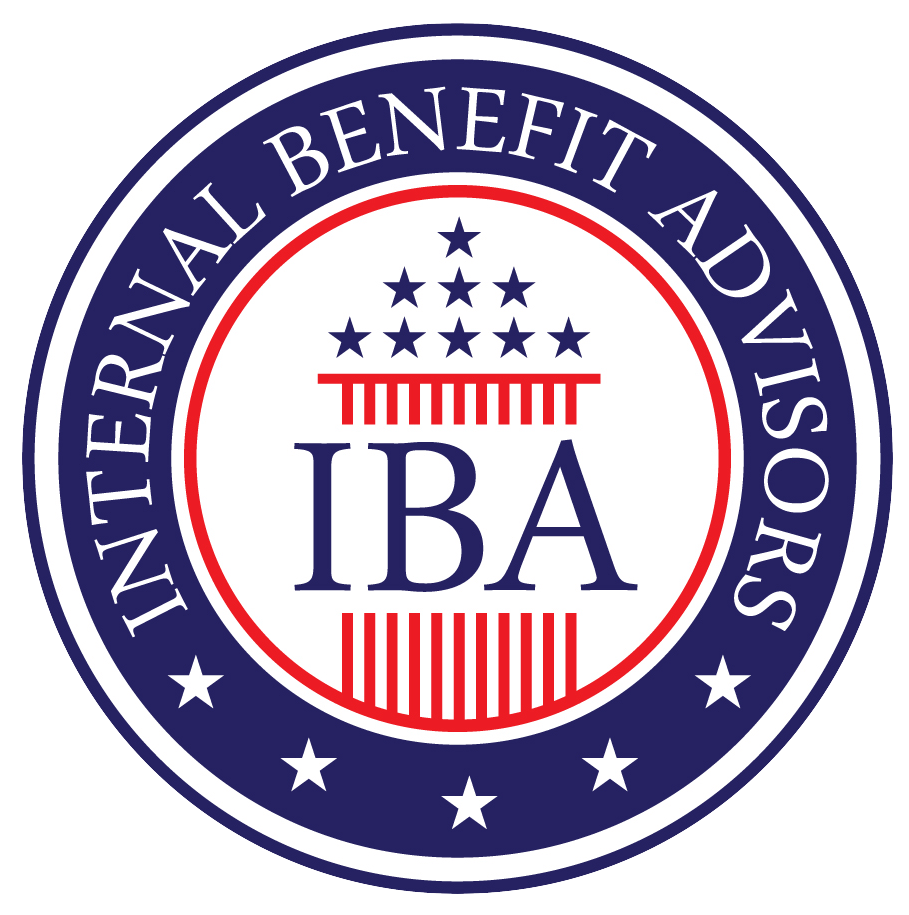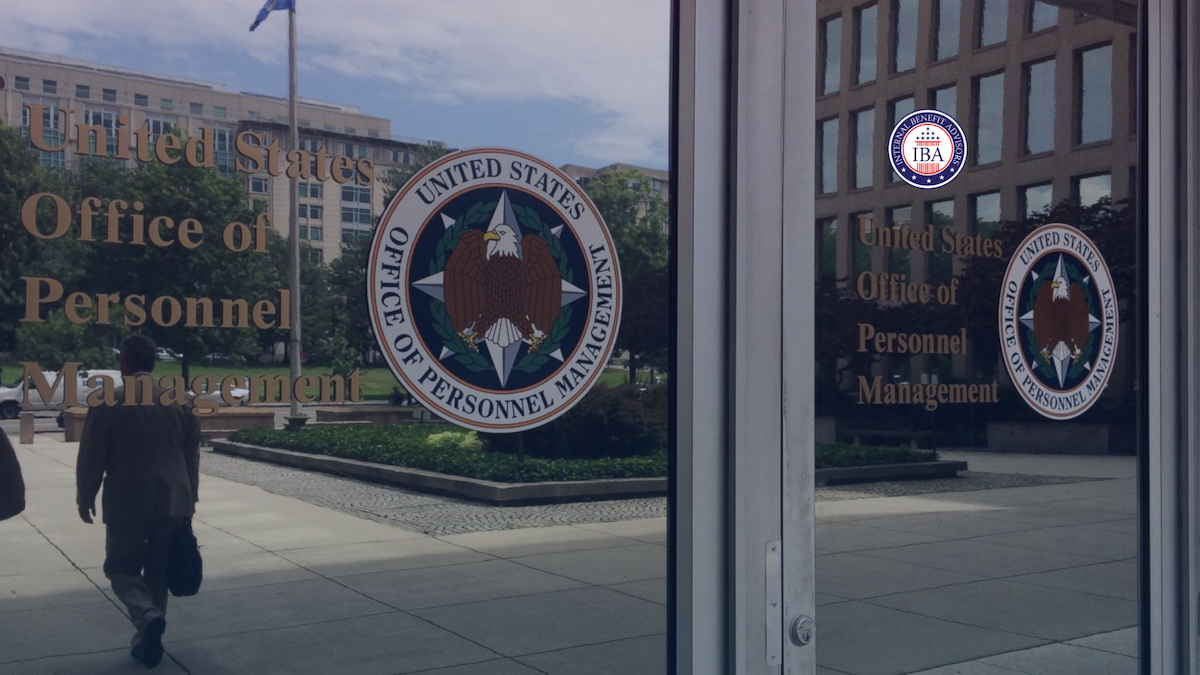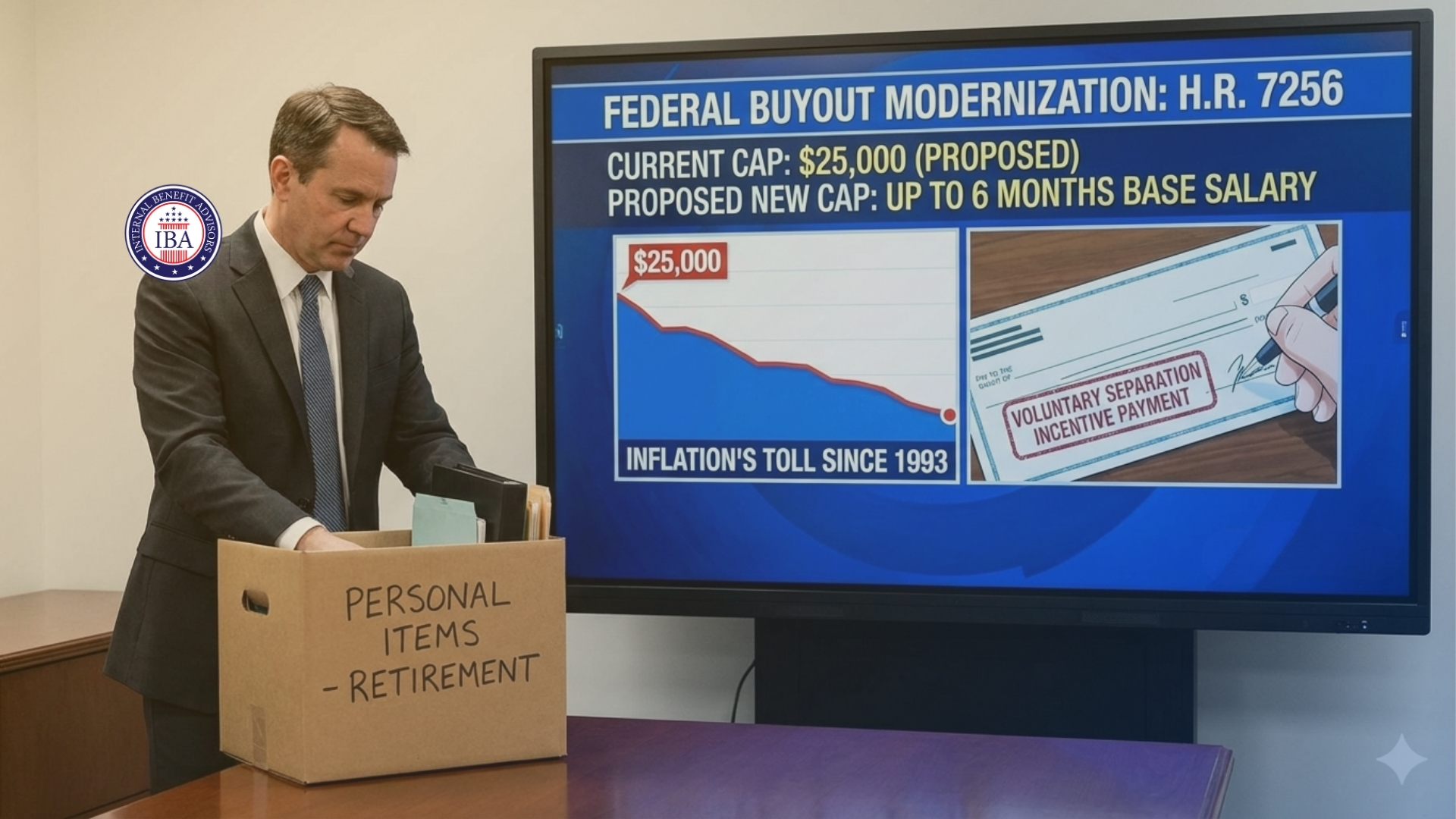The Harsh Reality: Probationers Are on Their Own
A recent FedWeek article highlighted a concerning message from the Office of Special Counsel (OSC): probationary federal employees have limited protections when it comes to workplace disputes. While this emphasizes the need for job security awareness, it also underscores another critical issue—many new federal employees neglect retirement planning, assuming they have time.
The truth? Federal retirement benefits don’t automatically optimize themselves. Without proactive planning, probationers risk missing out on key benefits that could secure their financial future.
Why Federal Employees Must Start Retirement Planning Early
1. FERS Pension is Only Part of the Equation
The Federal Employees Retirement System (FERS) provides a pension, but it’s only one piece of the retirement puzzle. The formula:
- 1% of high-3 average salary × years of service (or 1.1% if retiring at 62+ with 20+ years).
For a $70,000 salary with 30 years of service, that’s just $21,000/year—far from enough for a comfortable retirement.
2. Thrift Savings Plan (TSP) Growth Requires Strategy
The TSP is the federal government’s 401(k)-equivalent, offering tax advantages and employer matching (up to 5%). Yet, many employees:
- Don’t contribute enough to get the full match.
- Stay in the default G Fund (low-risk, low-growth) instead of diversifying.
- Fail to increase contributions over time.
Recommendation: Increase TSP contributions annually and consider a mix of C, S, and I Funds for long-term growth.
3. Social Security & FERS Supplement Gaps
FERS employees also get Social Security, but benefits may be reduced if retiring before full retirement age. Those retiring early (MRA + 10) get a FERS Supplement until 62, but it’s often misunderstood.
4. Federal Benefits Need Regular Review
- FEHB (Health Insurance): Must carry it into retirement to keep post-retirement coverage.
- FEGLI (Life Insurance): Often overpriced; private options may be better.
- Long-Term Care: Not automatically included; planning ahead is crucial.
How Internal Benefit Advisors Can Help
Many federal employees—especially those new to the system—don’t realize how much they’re leaving on the table. Internal Benefit Advisors specialize in Federal Retirement Planning, helping employees:
- Optimize TSP allocations for maximum growth.
- Navigate FERS pension calculations.
- Plan for Social Security integration.
- Evaluate insurance options (FEHB, FEGLI, private alternatives).
Don’t wait until retirement is near—start planning today.
Key Takeaways:
✔ Probationary employees have fewer job protections—financial security is critical.
✔ FERS pension alone isn’t enough; TSP growth and benefits optimization matter.
✔ Early planning ensures maximized benefits and a stress-free retirement.
Need a personalized federal retirement plan? Get expert guidance today.
References & Further Reading:
- FedWeek: OSC to Probationers – You’re On Your Own
- OPM: FERS Information
- TSP Official Site
- Social Security Administration
By addressing these issues early, federal employees—whether probationary or seasoned—can secure a stable, prosperous retirement. Start planning today!




